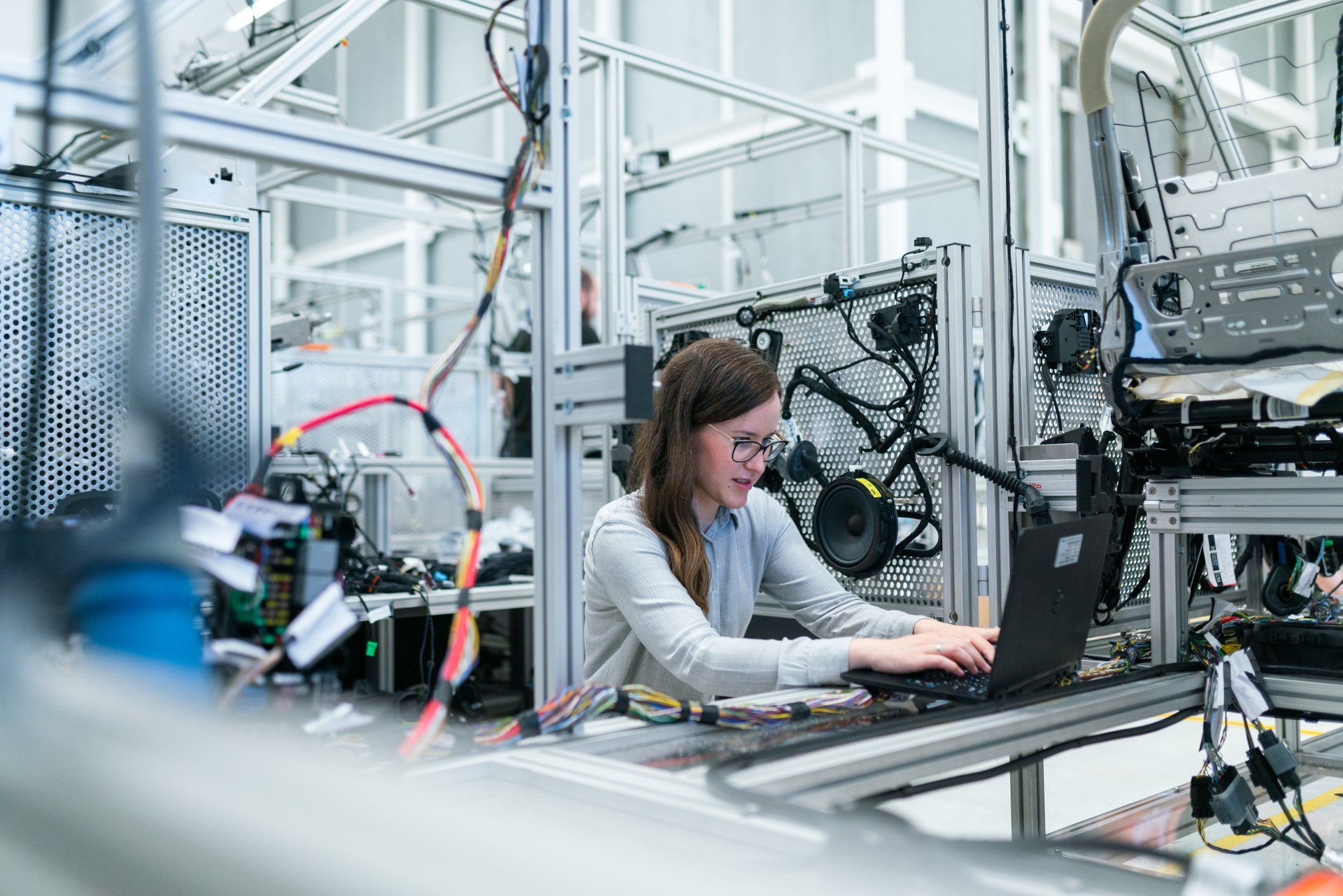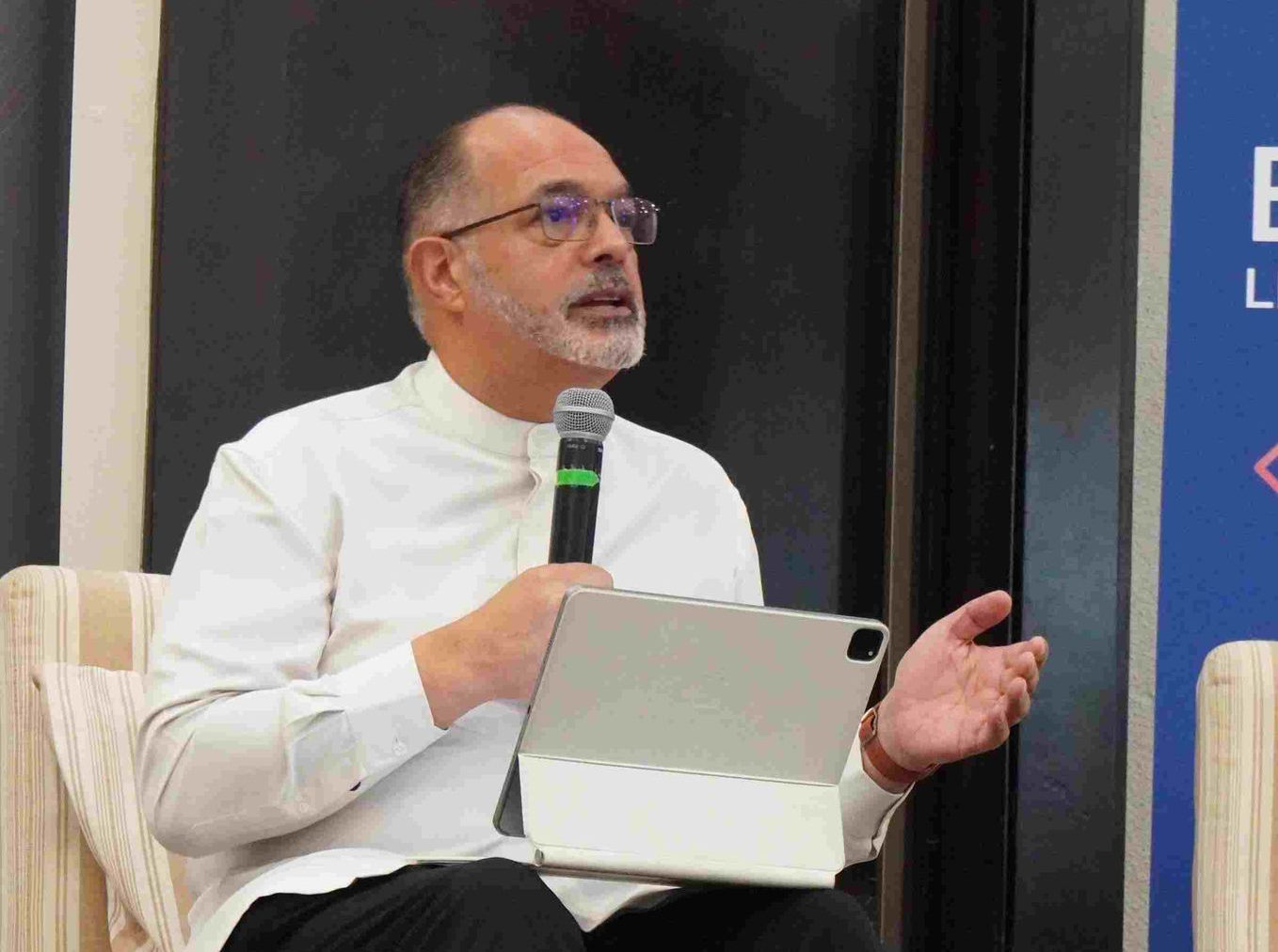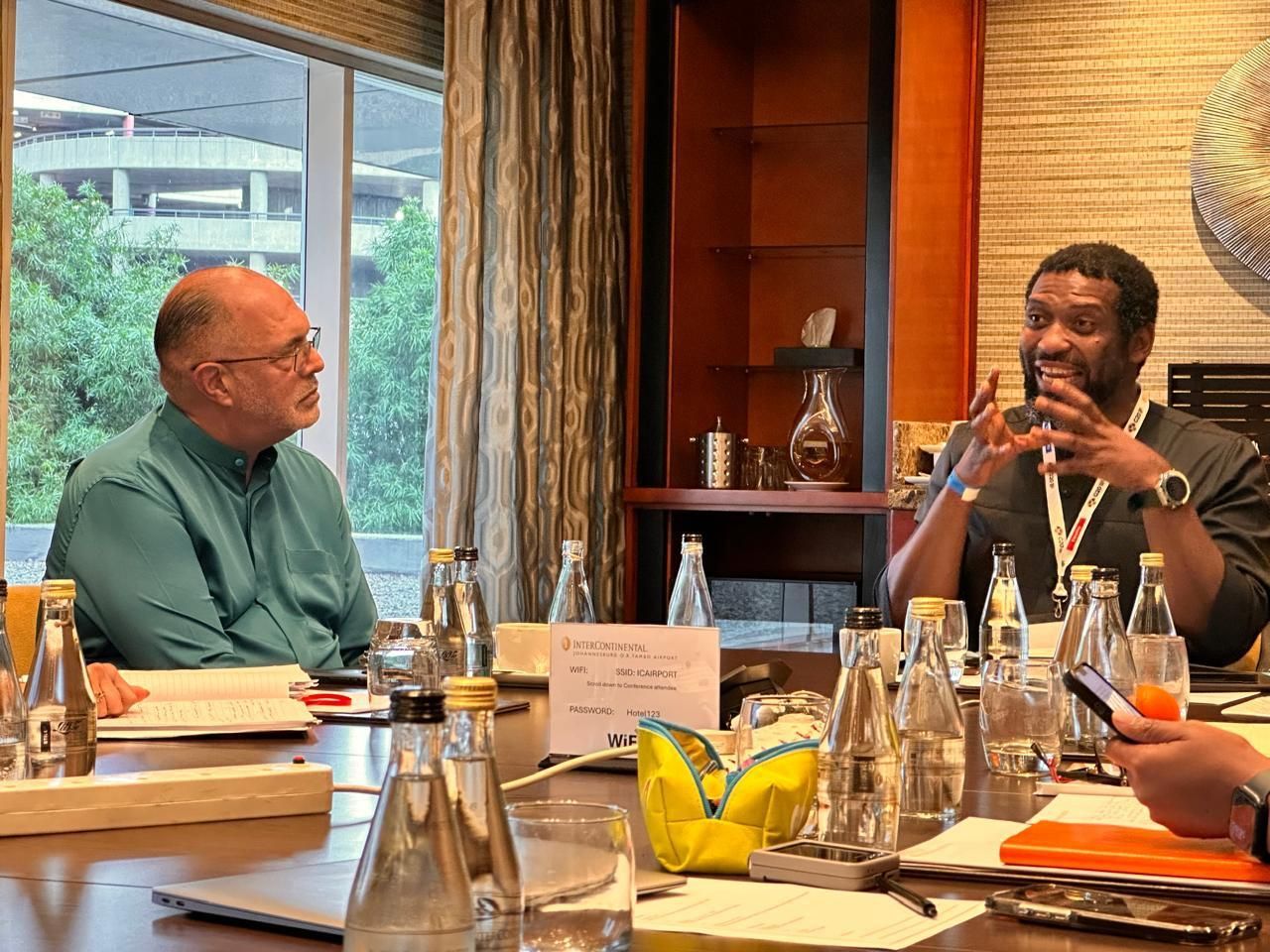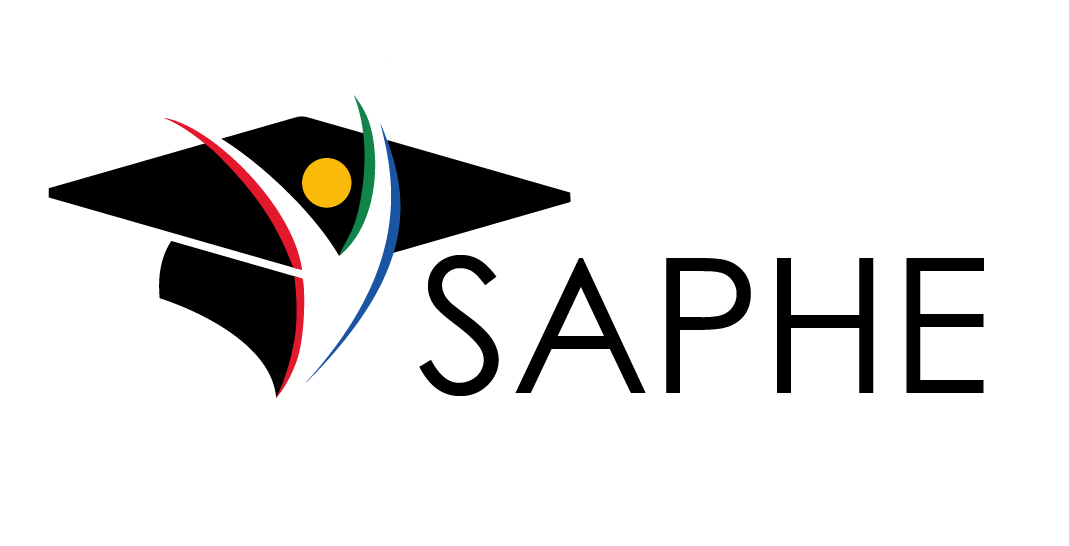The challenge and opportunity of our time
Rapid technological change renders the phrase "change is a constant" an understatement. In mathematics, a constant refers to a number that remains unchanged in an expression, and in ordinary language, it denotes something that remains the same, such as the constant noise of airplanes near a busy airport, which eventually becomes unnoticeable to those living nearby. However, when it comes to modern-day technological changes, the term "constant" is inadequate. Change is accelerating at an astonishing and ever-increasing pace. To illustrate this, consider the example of airplane noise. While earplugs may be effective in enabling one to concentrate on work, if the airport were to be bombed, noise would become a minor concern, and survival would take precedence. Similarly, the disruptive nature of technological advancements necessitates a reprioritisation of solutions.

Revolutionary developments like Artificial Intelligence (AI) and Machine Learning (ML) present both challenges and opportunities for Higher Education institutions. In modest ways, we have encountered similar situations before. When I was in primary school, reciting multiplication tables was the norm in arithmetic teaching until the calculator came along. Creative teachers capitalized on this development to focus more on understanding of what the multiplication of numbers meant rather than the ability to parrot it. This example demonstrates how technology can enable teachers to enhance their pedagogy, ultimately benefiting student learning.
In the 1980s, my first research project in education required sifting through volumes of "The Education Index." The advent of computer-based search engines significantly reduced the time needed to find relevant published papers on any given topic. The point I wish to emphasise here is that the explosion of technological advances should be embraced, and efforts should be made to harness them to enhance teaching and learning. As Jimmy Dean wisely said, "I can't change the direction of the wind, but I can adjust my sails to always reach my destination".
How can Higher Education institutions respond to technological advancements and “adjust their sails” to fulfil their purpose? There are numerous problem-solving approaches and programmes offered to students that incorporate them into their modules. One method that helps me conceptualise possible solutions is to draw on biomimicry, which involves learning from and mimicking strategies used by species alive today (https://biomimicry.org/what-is-biomimicry/).
In this context, behaviour-level biomimicry is relevant, where the focus is on mimicking behaviour rather than the organism itself. Many surviving and thriving organisms, from the smallest to the most formidable, choose to live and operate in groups. However, Higher Education institutions, including private ones, have yet to fully harness synergies to counter the disruptive nature of change brought about by technological advancements.
At the recent Annual Academic Summit of Honoris United Universities (of which MANCOSA is a member) held in Cape Town, the benefits of collaborative intelligence were reaffirmed, and plans were put in place to embody this ideal. It became evident that meaningful collaborations must be informed by reliable data from each institution, providing information on track records and capacity to deliver core academic functions.
Such information will, as a first step, indicate clear areas for collaboration. While this path is challenging, it offers hope for Africa-inspired solutions to the continent's challenges. Pursuing collaboration aligns with the oft-quoted African proverb: "If you want to go fast, go alone; if you want to go far, go together". The National Development Plan emphasises the importance of collaboration in post-school education, stating that "institutions should collaborate to build on each other's strengths".
With 60% of Africa's population under 25 years old, the strengthening of the provision of future-oriented education is of paramount importance. A collaborative approach in Higher Education, in my view, is the preferred path as it directly benefits students. Goal 17 of the Sustainable Development Goals is 'Partnerships.' If we are to leverage education for the continent's development, we must learn from each other and work in support of one another.
Technological advancements have not altered the higher purpose of education. Centuries ago, Jean Piaget stated, "The principal goal of education in the schools should be creating men and women who are capable of doing new things, not simply repeating what other generations have done". A similar ideal for universities was reiterated at the 2022 International Association of Universities in Dublin, where universities were urged to develop critical thinkers capable of identifying and solving real problems, rather than merely guiding students toward achieving good grades (University World News, 04 Nov 2022).
If we embrace new technologies, become digitally fluent, and collaborate effectively, our students will leave our institutions well-prepared to thrive in a complex world.



